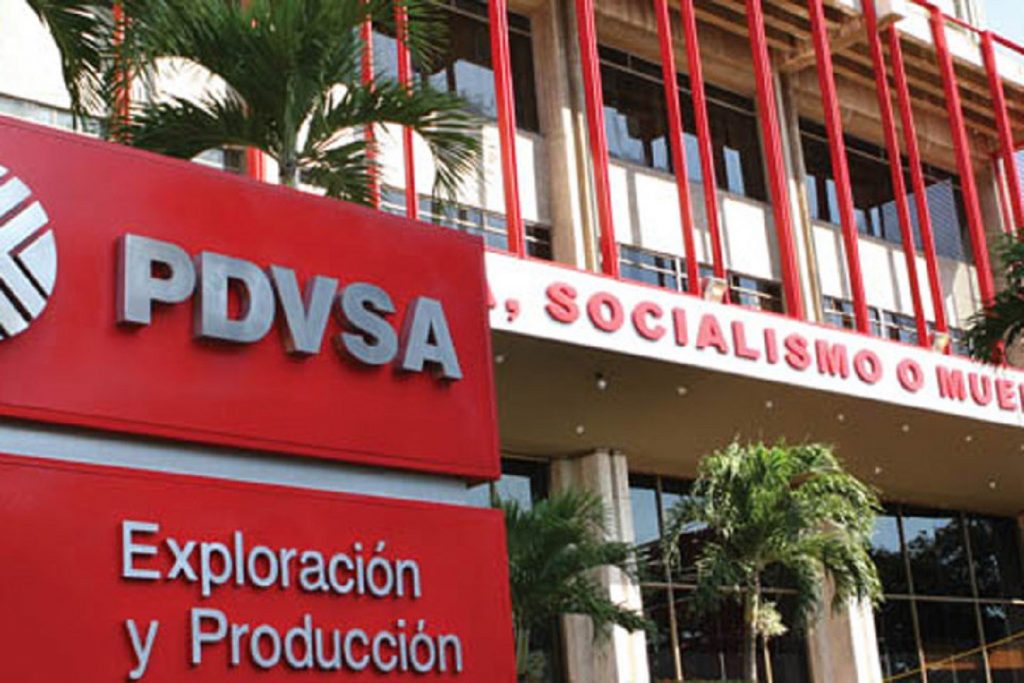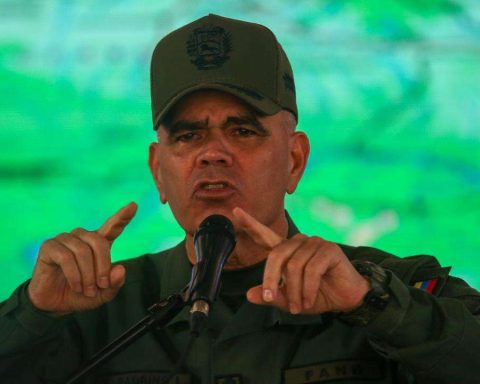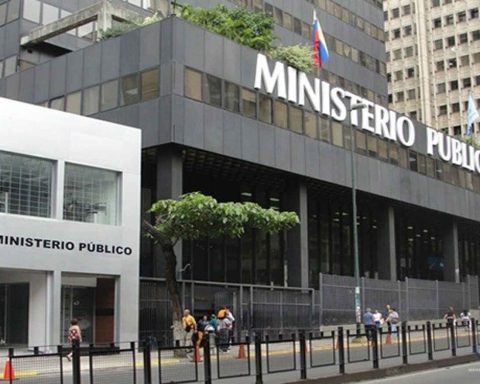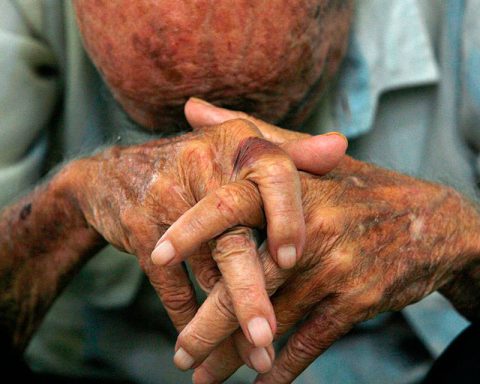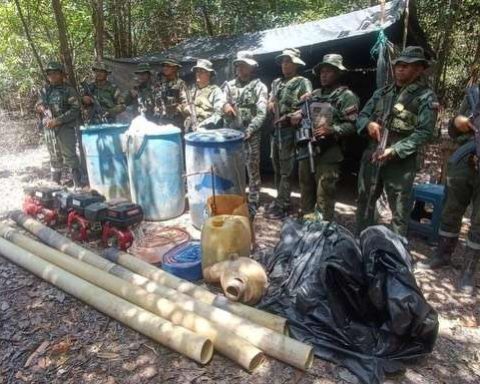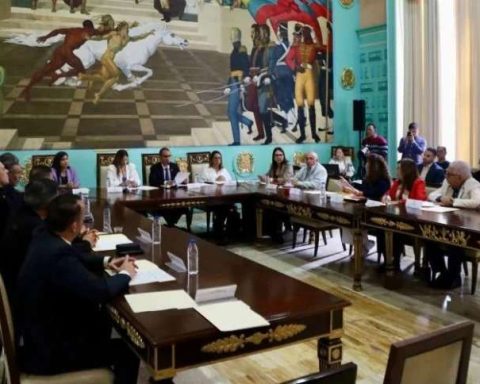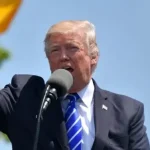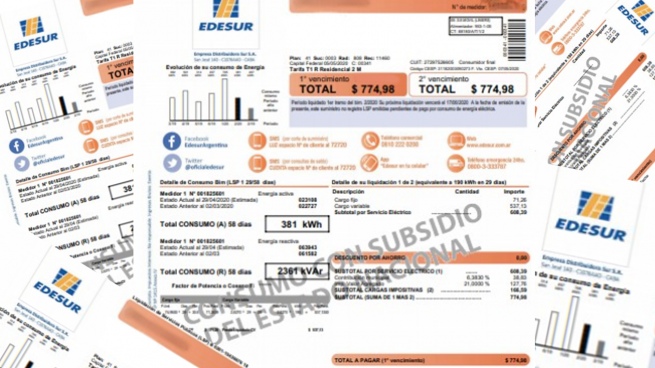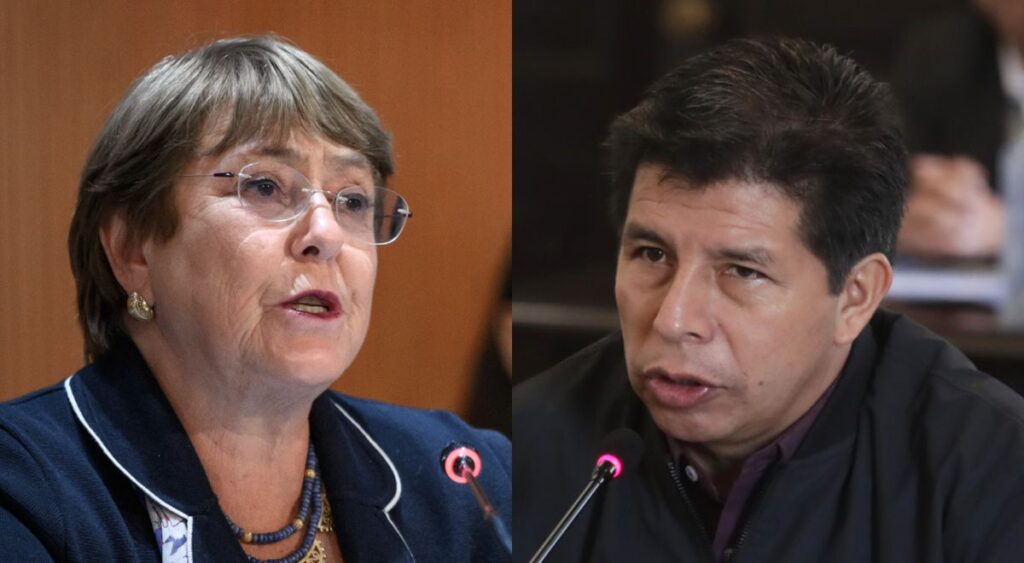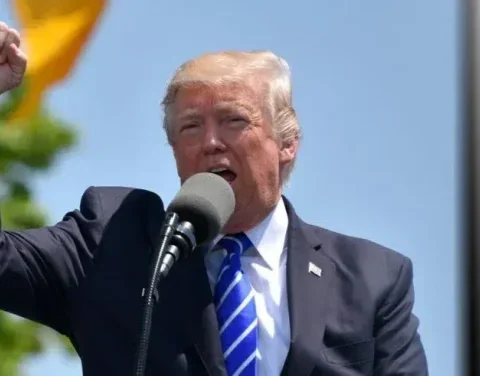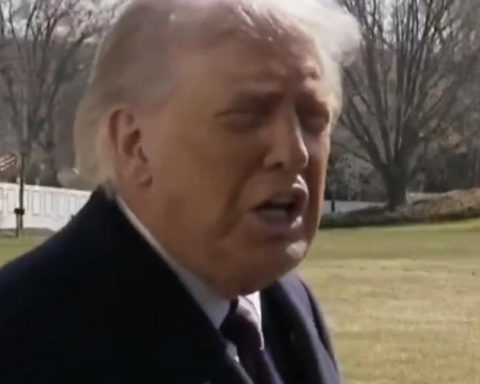
Last week Nicolás Maduro declared that the Venezuelan economy had grown double digits during the first semester. He did not specify any figure. As is known, the Central Bank of Venezuela stopped publishing data on the real economy since 2019. However, much more serious entities corroborate that, according to their own estimates, there was significant growth in the first quarter of the year compared to the same period of the year. last year; 7.8% according to the Venezuelan Finance Observatory. What can be said about it?
First of all, it is necessary to put things in perspective. This is an increase in relation to absolutely poor levels of economic activity. Despite the lack of official figures, there is agreement in pointing out that, by the end of 2020, it had dropped to just a quarter of that of 2013. The slight increase that is presumed to have occurred last year does not alter the magnitudes in reference: a growth rate of 7.8%, if sustained throughout the year, would be equivalent to barely 2% in an economy the size of the one in 2013. Another way to gauge the magnitude of the devastation wrought by the “revolutionaries” on the livelihoods of Venezuelans is to point out that recovering from a 75% drop implies that the economy increases 400% (!).
Eppur if you move. The fundamental reason is the increase in oil activity. Official figures, reproduced in the OPEC monthly bulletin, point to a 138% increase in Venezuela’s oil production during the first half of 2022, compared to the first half of 2021. Nor is it approaching the figures released to the garete by Maduro, who spoke of 2 million barrels per day (b/d) by the end of 2022 (!) The government’s own data indicates an average production of 745,000 b/d, while, according to secondary sources, it would be around at 716,000 b/d. When Maduro became president, it was produced, according to official figures, in excess of 2.7 million b/d. By the time the United States began to apply sanctions against PDVSA -January 2019-, the military and other rogues appointed by Maduro to direct (milk) the company had destroyed half of this production.
But, in addition, the criminal war unleashed by Maduro’s friend, Putin, against the population of his neighbor Ukraine, has blown up oil prices. Venezuela’s export basket marker Merey was above $90/barrel in June. By exporting crude oil, it could have entered more than 2.5 times the amount that entered in 2021 in the first half of the year. Of course, the net income is much lower due to the need to import refined products (including gasoline) and light oil to mix it with the heavy of the Belt.
Given the devastation of the domestic economy, Venezuela today depends even more on these revenues, despite the destruction of PDVSA. The obvious question is, what is being done with this increase in oil revenues? Can they be trusted to underpin the country’s recovery?
A brief explanation of what we mean by “oil rent” is in order to discern what is at stake. An income is an extraordinary gain, beyond what could be considered “normal”, that is, the one that would result in the heat of competition from many in the market. It is attributable to monopolistic factors in the sale of the product, in this case, oil, so it does not correspond to the remuneration of the productive effort, strictly speaking. The owner of the resource pockets it. In Venezuela, for historical reasons –misunderstandings that we are not going to explain in this brief article-, the income –that non-productive income- is captured by the State.
Towards the worst of rentisms
The use of this income by governments to advance their policy objectives is the basis of rentierism. The strategy of “seeding oil” that was followed for much of the last century was rentier. Since Uslar wrote the famous editorial in the newspaper Now, oil was considered an external agent for development, reduced to providing -through tax increases- the highest possible income for government plans. At the beginning, a positive rentier was applied, since the proceeds from the international sale of crude oil were invested in infrastructure and public services with universal coverage, in incentives for productive activity in other sectors, and in improving the general living conditions of the population. , in particular, education and health. However, the political competition between the parties that alternated in power was filtering them towards populist and clientelistic practices. Rent hunting was exacerbated in Venezuela (rent-seeking), creating multiple channels to transact with those who decided their allocation. A bad rentierism took over the country, vulnerable to the demagoguery of the saviors of the country. Heeding these siren songs and opposing the attempt of the second government of Carlos Andrés Pérez to correct the wrongs that he helped sow in the first, we end up in the Chavista tragedy of these last twenty-odd years.
Chávez took rentism to even worse levels of perversion. He dismantled the institutions built by democracy, especially the balance and independence of powers, the transparency and accountability of public management, and the rules that protect the nation’s resources from predatory practices. He ended the free media and cracked down on dissent. Rent-hunting became mortar to unite loyalties, especially from a nucleus of traitorous soldiers. In short, it became the loot to be distributed in the name of a supposed socialist “revolution”. But this predation, as we saw, ended up killing the goose that lays the golden eggs. And they died, really, due to decline or riddled by repression and by criminal gangs, too many Venezuelans.
Now that these extraordinary incomes are being presented – rents – that Maduro boasts so much about, it is worth asking: can ordinary Venezuelans expect a reliable electricity service, good health care, permanent water, gasoline? Will the lighting improve, will the roads, schools, hospitals, university facilities be repaired? Within the framework of the underground privatization (“Anti-Blockade” Law) and the sale of shares in public companies, can a process of State reorganization be expected that will restore security to citizens and offer solutions to their problems?
A positive answer to the previous questions supposes the implementation of measures that put an end to the predatory practices that interweave the alliances that support Maduro. It implies a return to a rule of law, to an institutional framework that protects the interests of the majority against the desires of those who control power. Are there reasons to think that this is happening?
Recent events indicate otherwise. The arrest of Bandera Roja union leaders accused of being terrorists, the threats against NGOs that defend human rights, the espionage and blocking of independent media portals and opponents in general ordered Movistar Telefónica, the permanence of more than 300 political prisoners and the generalized rattle, among other things, are an expression of interests entrenched in power to maintain their privileges.
Some of the increase in oil revenue trickles down to other sectors. Unfortunately, much of it is wasted trying to contain the rise of the dollar, in the midst of a process of monetary expansion. The permanence, in addition, of import tax exemptions, together with the overvaluation of the bolivar, significantly hinders the competitiveness of many productive sectors. Wages are still very depressed. Recent studies place Venezuela just above Haiti as the poorest country in Latin America. What will happen when crude oil prices return to the high levels at which Putin’s cruel slaughter of the Ukrainian people placed them?
